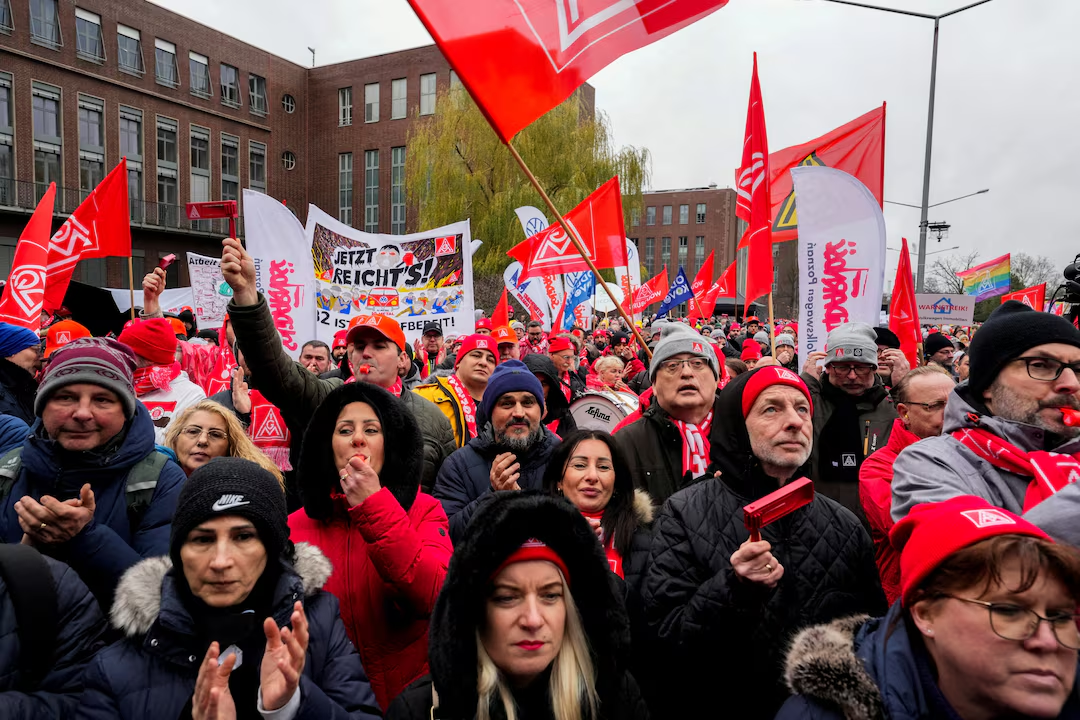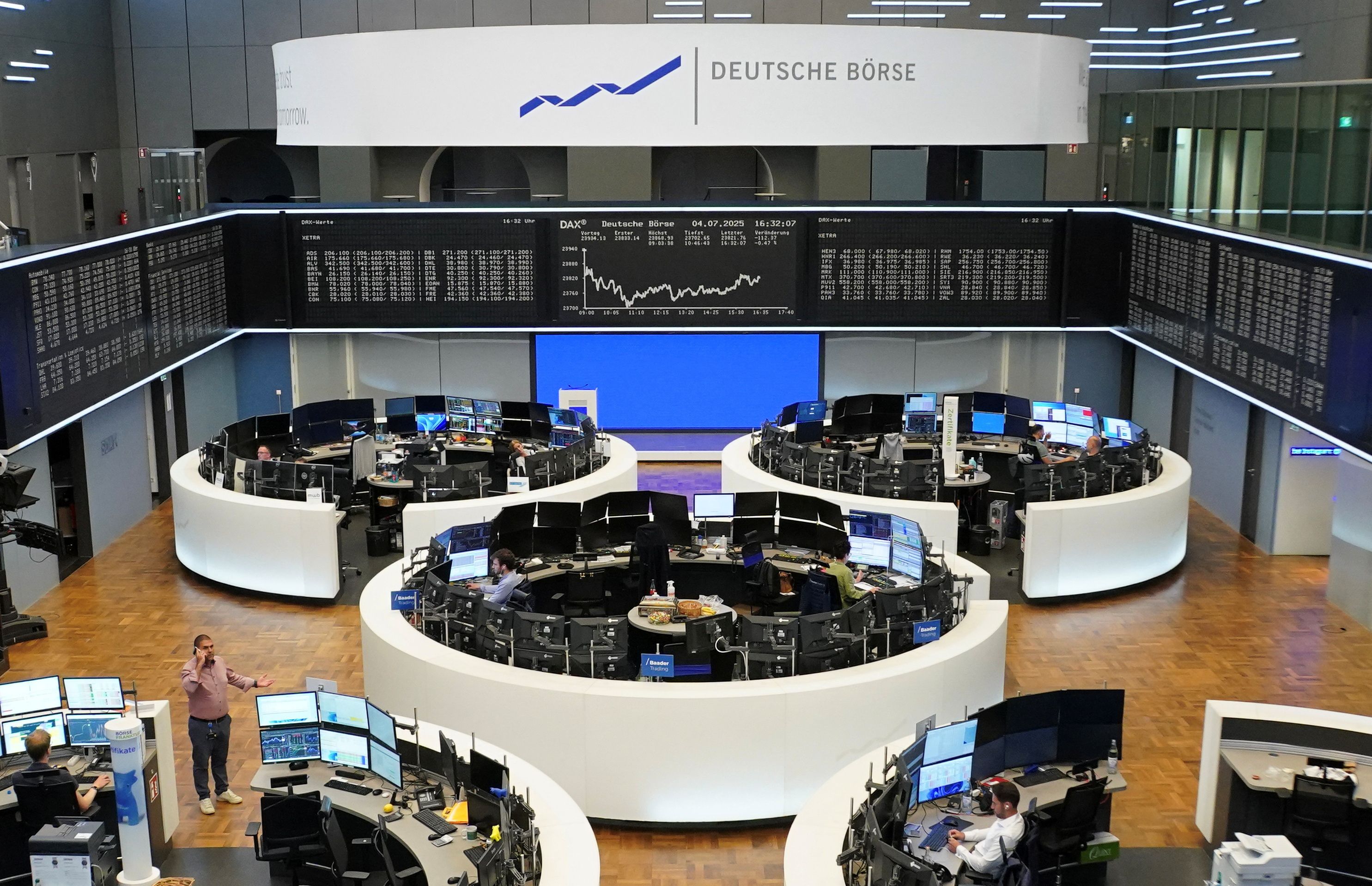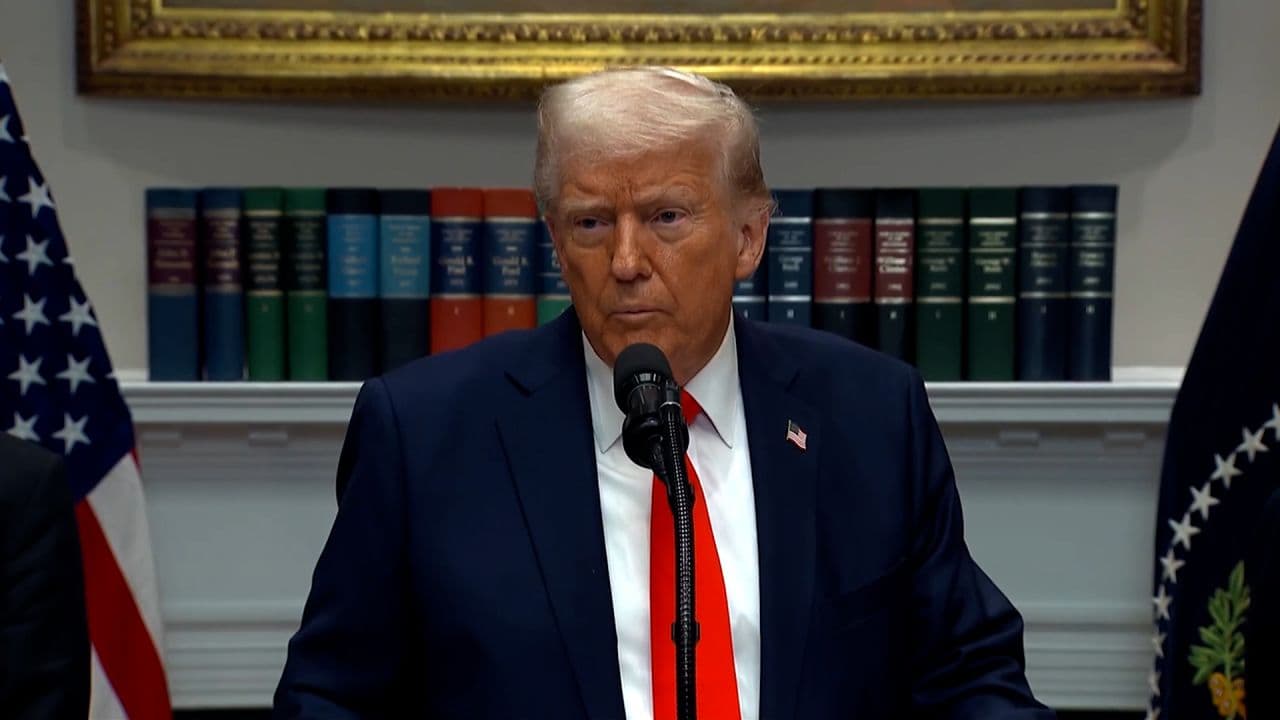Tariff Talks Spark Fear Among Workers
As reported by POLITICO, the United States has put forward an agreement to the European Union that includes a 10 percent baseline tariff on many EU goods. This move comes amid ongoing negotiations that have left countless workers and communities on edge, unsure of their economic futures. With the specter of the Trump administration looming large, the implications for labor rights and economic justice cannot be overstated.
Manufacturing Workers Brace for Impact
The industries most likely to be affected by these tariffs are not just abstract entities; they are comprised of real workers—individuals who depend on stable jobs to support their families. According to Reuters, the EU is attempting to negotiate exemptions for sensitive sectors such as automobiles and pharmaceuticals, which could shield some jobs from immediate threat. However, workers in the steel and aluminum sectors, who are already grappling with economic uncertainty, may find themselves facing a steep uphill battle.

Germany faces year of industrial strife as companies go into ...
Brussels Faces Dilemma Over Tariff Strategy
The European Commission’s response has been cautious, as diplomatic discussions have shown little promise of concrete protections for workers. Without any guarantees from the U.S. that politically sensitive industries will be exempt from further tariffs, the uncertainty is palpable. The situation has been described as a "somber" meeting among EU diplomats, reflecting their concerns about asymmetrical trade deals that could leave European workers vulnerable to market volatility.
Trump"s Economic Policies Favor Corporations
Trump"s administration has consistently favored corporate interests over those of the working class. The 25 percent tariffs on South Korea and Japan, set to take effect on August 1, only add to this troubling trend. As noted by Irish Trade Minister Simon Harris, the current pause in tariff negotiations has simply extended the status quo, allowing corporations to dictate terms while workers remain in limbo. This strategy does little to protect the rights of workers and threatens to erode the economic stability of communities reliant on manufacturing jobs.

European share rise on tech, banks boost with focus on US ...
Workers Must Organize Against Corporate Greed
The time for action is now. Workers, unions, and advocates for economic justice must band together to oppose these damaging tariffs and advocate for a trade policy that prioritizes people over profits. As demonstrated by grassroots movements across the country, collective organizing can create powerful change. While the EU may seek to negotiate favorable terms, workers must recognize that their voices need to be at the forefront of these discussions.







![[Video] Gunfire between Iraqi security forces and Sadr militias in Baghdad](/_next/image?url=%2Fapi%2Fimage%2Fthumbnails%2Fthumbnail-1768343508874-4redb-thumbnail.jpg&w=3840&q=75)
